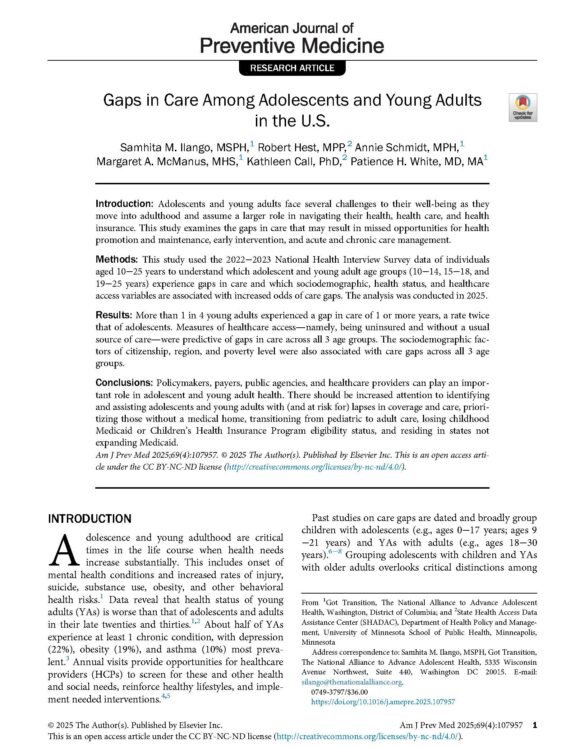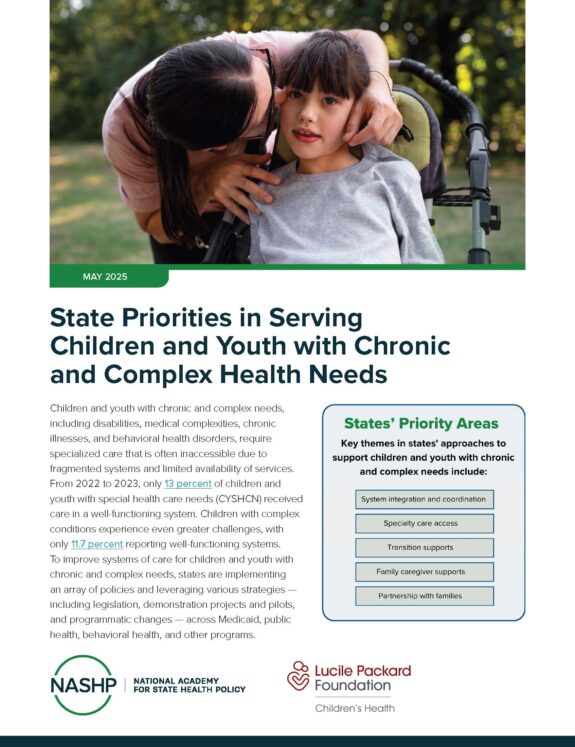Profile: Susanne Martin Herz
Traveling between four clinic sites in a county that stretches from San Francisco to Silicon Valley, Dr. Susanne Martin Herz logs a lot of miles in her work with the Rapid Developmental Evaluation Program.
Rapid Developmental Evaluation, funded by a grant from First 5 San Mateo County to Lucile Packard Children’s Hospital, offers comprehensive evaluations for children ages 0-5 at risk for significant developmental delays, at the same location where these children see their primary care clinicians.
As a specialist in developmental-behavioral pediatrics, Martin Herz sees children who have, or are at risk for, learning disabilities, speech-language disorders, behavioral problems, autism spectrum disorders or other developmental issues, all of which may accompany complex medical issues.
“Developmental-Behavioral Pediatrics is a really broad field,” she says, one that has allowed her to combine her interests in pediatrics, genetics, neurology, psychology and psychiatry. Martin Herz provides these services through her appointment at Stanford University School of Medicine. She is also affiliated with UCSF Benioff Children’s Hospital Oakland.
In recent years, the sub-specialty of Developmental-Behavioral Pediatrics has grown rapidly. So too has the recognition that as-early-as-possible evaluation and treatment are critical to improve the functional outcomes for children with developmental delays and special needs.
Without this Program’s services, families may wait three to six months for their children to be evaluated at a tertiary care center, Martin Herz said. Even families who consult developmental-behavioral pediatricians in private practice may have a several month wait, she said. Families of children less than 3 years of age may seek evaluations from the state’s Regional Centers and families of children between the ages of 3 and 5 years may request an evaluation from their school district; however, these programs may not meet the diagnostic and service needs of all children.
“Because there are not enough providers to provide developmental-behavioral evaluations, we need to look at novel ways of providing that service,” Martin Herz said. “This project is one of those. We’re able to see children in a more rapid fashion” by co-locating in the primary care office.
The Program is associated with First 5’s “Watch Me Grow” demonstration project in San Mateo County, which provides developmental screening at no cost to families and helps families access services for children with special needs. Rapid Developmental Evaluation is coordinated by Developmental-Behavioral Pediatrics at Stanford University. The clinic sites that Dr. Martin Herz visits are part of the San Mateo County Health System.
Martin Herz, along with other members of the Developmental-Behavioral Pediatrics program at Stanford and Lucile Packard Children’s Hospital, also participates in monthly Watch Me Grow Assessment Team Meetings and the Watch Me Grow Collaborative, a monthly meeting bringing many agencies and services in San Mateo County together to coordinate services for children with complex medical and social needs within the county. In this way, Watch Me Grow improves the care of children from initial screening through complex care coordination. More recently, Martin Herz joined Community Gatepath staffers at the California Community Care Coordination Collaborative funded by the Lucile Packard Foundation for Children’s Health.
In Rapid Developmental Evaluation, Dr. Martin Herz evaluates children who have been screened using a validated tool by health, education or social service providers, and works with pediatricians and care coordinators to help families connect to appropriate services. Children whose needs surpass the capacity of Rapid Developmental Evaluation are referred to Lucile Packard Children’s Hospital. However, they may be enrolled in community or school services while awaiting the definitive evaluation.
“We really want to support the medical home in this model,” Martin Herz said. To avoid bypassing the family’s regular pediatrician by directly referring patients to services or specialists, she makes recommendations to the pediatrician, who then makes the referrals and follows up to assure continuity of care.
At present, Martin Herz’ involvement with her patients mostly ends when they are referred to the services they need, “I really like being with children and families, seeing that the children have opportunities to learn and grow and be healthy,” she said. “The situations I’ve been most excited about [in this program] are those where the care coordination works well.”



